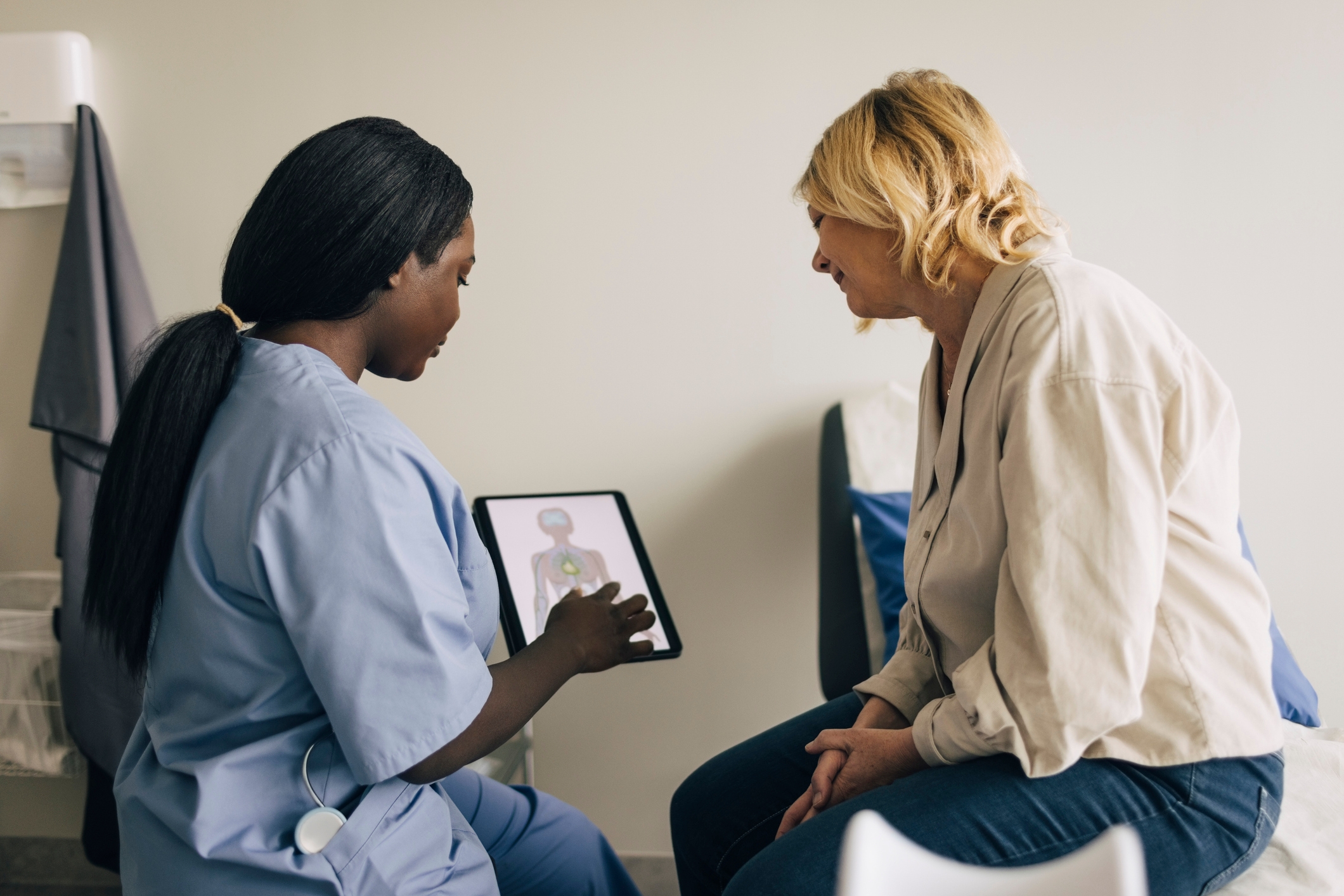
by Krista Torres https://www.buzzfeed.com/kristatorres/mind-blowing-things-about-the-human-body?new_user=true&newsletter_modal=true? BuzzFeed Staff
There are a lot of "unknown" things in this world — and many parts of how the human body functions are still a mystery. So, here are some of the top things medical professionals on Reddit have said that we still don't know:
1. "We don't know precisely how our bodies can distinguish gas from poop. We have some ideas; we know there are a ton of nerve endings in the area, but the precise mechanism of our bodies telling our brains 'this is a fart, let loose' isn't really understood. What blows my mind is that it's distinct enough that we even pass gas while asleep. That difference must be wired DEEP!"

Peter Dazeley / Getty Images
Advertisement
2. "I’m a derm. We don’t know what exactly causes itching, like the molecular pathways for it. That’s why it can be so hard to find a good treatment when a patient comes in for itchy skin."

Stefania Pelfini, La Waziya Phot / Getty Images
Advertisement
3. "I’m an anesthesiologist. We still don’t really know why inhaled volatile anesthetics like sevoflurane, the main anesthetic agent used to maintain general anesthesia, work. We kind of have an idea of maybe how it happens, but we don’t really know. It’s commonly said in my field that whoever figures this out will win the next Nobel Prize in medicine."
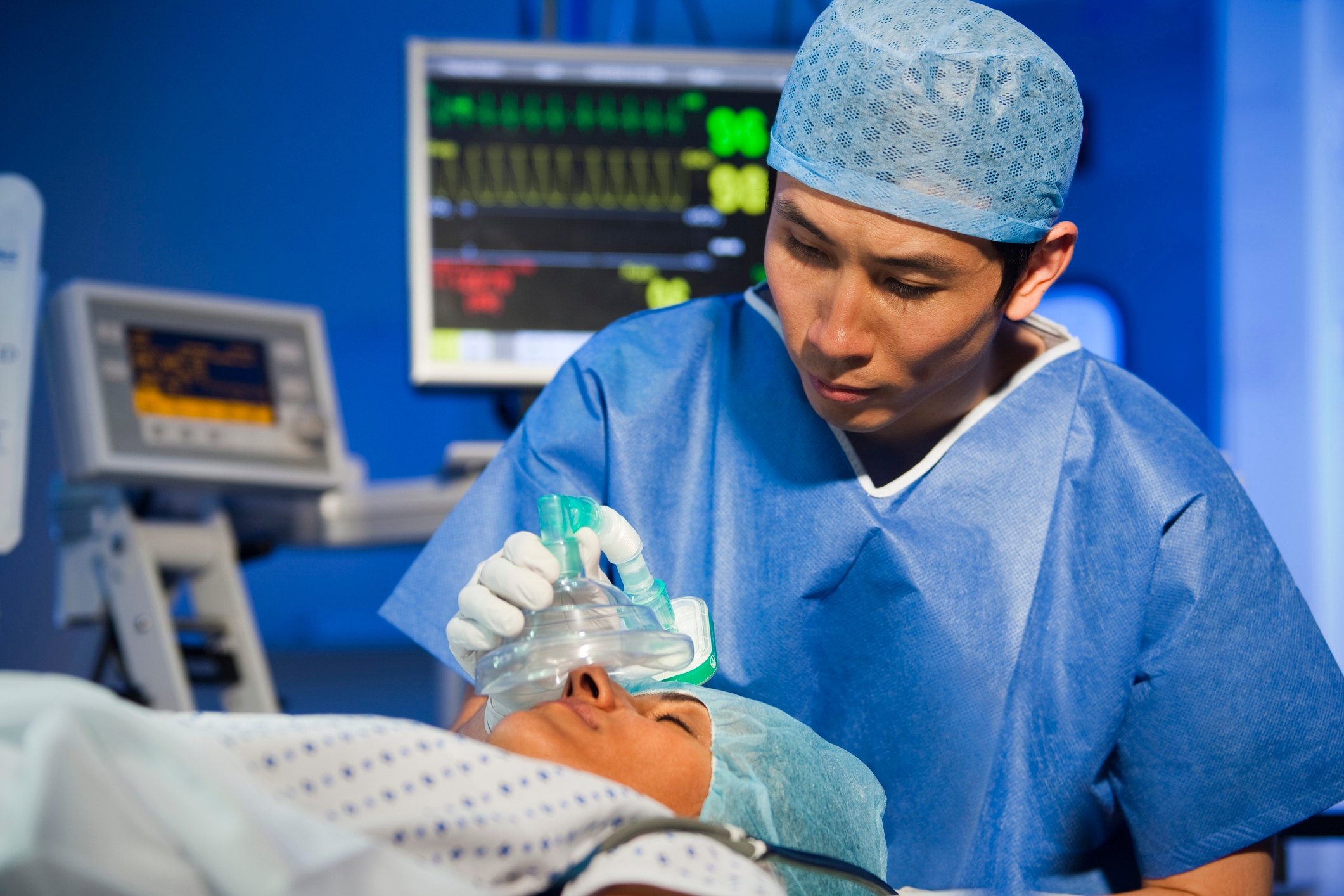
Science Photo Library / Getty Images/Science Photo Library RF
Advertisement
4. "I'm a sleep specialist. While we do have some good theories about some of the functions of REM as far as how it affects the brain and health, we still don't fully understand the purpose of dreaming. Like, why do we dream at all, and why do dreams have a narrative instead of random incomprehensible imagery? Unfortunately, this is unlikely to even be solved."

Peter Cade / Getty Images
Advertisement
5. "One of the few ABSOLUTES in medical science is that nobody born blind has ever developed schizophrenia."

AnnaStills / Getty Images
Advertisement
6. For many medicines, it is not clear how they work, or even if they work (for example, look at the actual efficacy trials of name-brand antidepressants). When you look at them in aggregate, they look like they barely work. Yet, basically everybody knows somebody whose life was saved by a specific antidepressant."

Maria Korneeva / Getty Images
Advertisement
Advertisement
8. "Had a pathologist tell me that the interesting part of his job wasn't finding out how someone died, it was seeing everything that can be wrong with someone internally, and the person has no idea. There are so many life-threatening or life-altering, horrible things that a person can have and not know it, but still be completely functioning. A good friend died unattended, so they did an autopsy. His body had cancer in three different places."
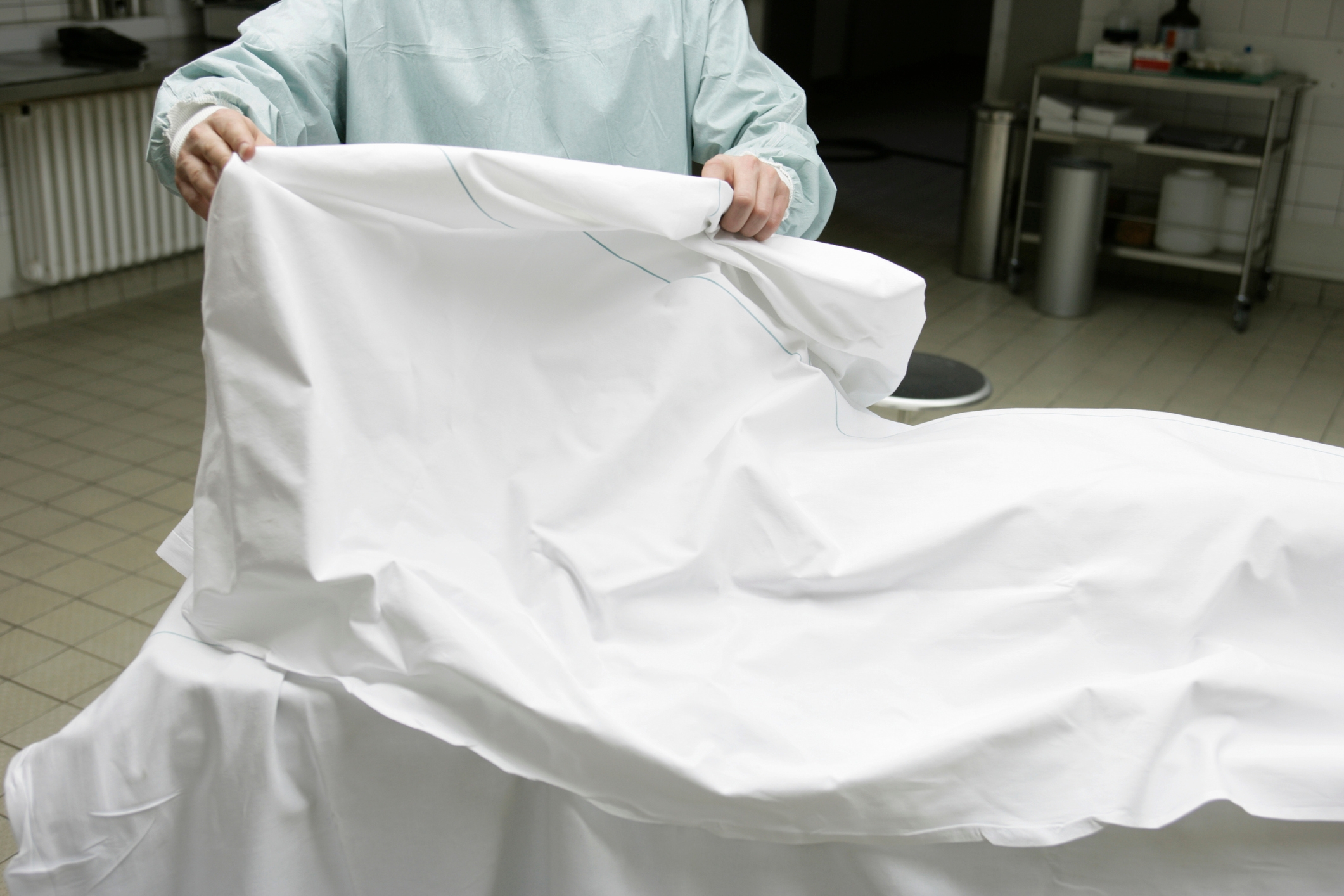
Team Static / Getty Images/fStop
Advertisement
9. "Allergies, specifically food allergies. And why do adults develop them after never reacting to them before?"

D3sign / Getty Images
Advertisement
10. "Psychiatry is still shockingly infantile in our understanding of human disorders. It's constantly in a state of flux, we don't understand a lot about the meds we currently use, and the diagnostic criteria for disorders still change as we realize, 'Hey, maybe all these behaviors aren't the same source disorder.' It's incredibly hard to diagnose when the criteria are largely based on self-report and subjective observations."

ATHVisions / Getty Images
Advertisement
Advertisement
12. "Not MD but PhD. Right now, we are working on the connection between our intestinal microbiome and neuropsychiatric disease and brain aging. For instance, people with inflammatory bowel disease are more likely to develop dementia and experience co-morbid anxiety and depression, but we don't know why."
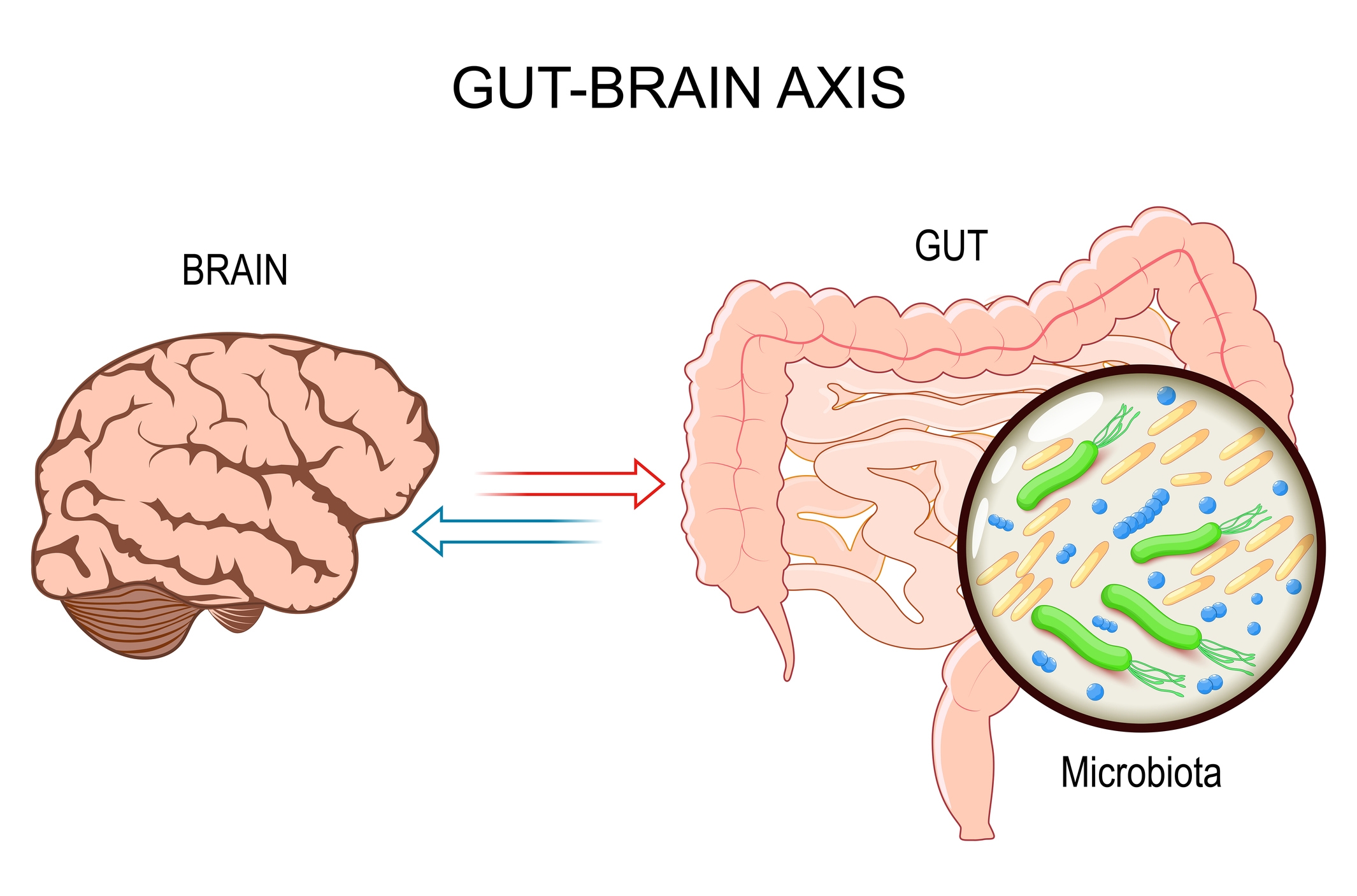
Ttsz / Getty Images
—u/uncle-chewie
"The gut microbiome. While it's well known that the gut plays a huge role in digestion, researchers are discovering just how much our gut bacteria affect other parts of our health, like mood, immunity, and even brain function."
—u/VictoriaFaith14
"The gut microbiome. While it's well known that the gut plays a huge role in digestion, researchers are discovering just how much our gut bacteria affect other parts of our health, like mood, immunity, and even brain function."
—u/VictoriaFaith14
Advertisement
13. "OBGYN here: We still don’t know exactly what makes labor start. We know all about the mechanics and physiology, but we don’t know what makes the average uterus say it’s 'go time.'"

Skaman306 / Getty Images
Advertisement
14. "We know next to nothing about fibroids, which many women have at some point in their lives. Considering the largest one removed was around 100 pounds, it is not exactly a minor issue. There are theories about different hormones and what things put you at higher risk, but aside from having surgery to have your existing ones removed, there is basically no information on what you can do to prevent them from coming back."
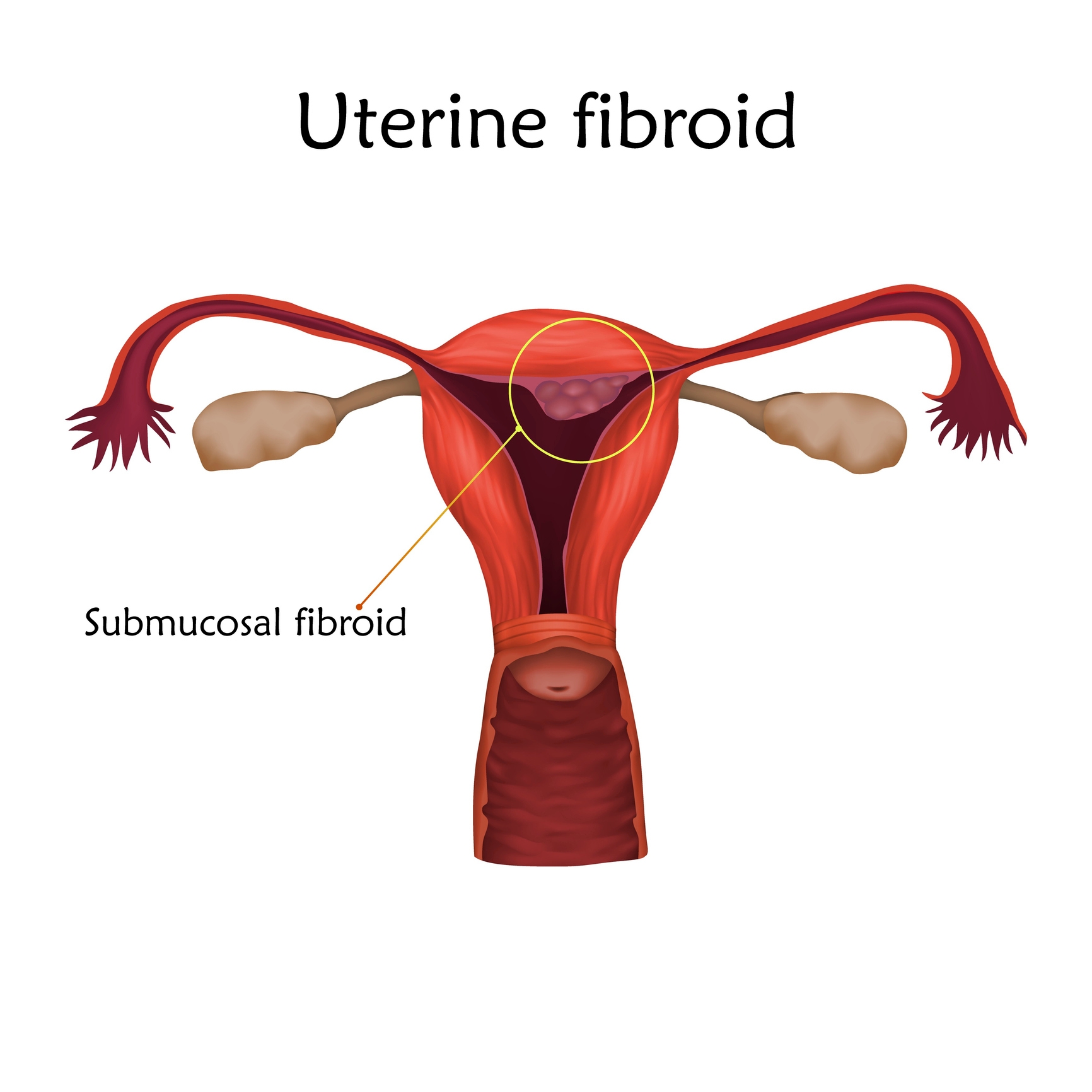
VERONIKA ZAKHAROVA/SCIENCE PHOTO / Getty Images/Science Photo Library RF
Advertisement
15. "Ask any medical professional about immunology, so little known, so complex."
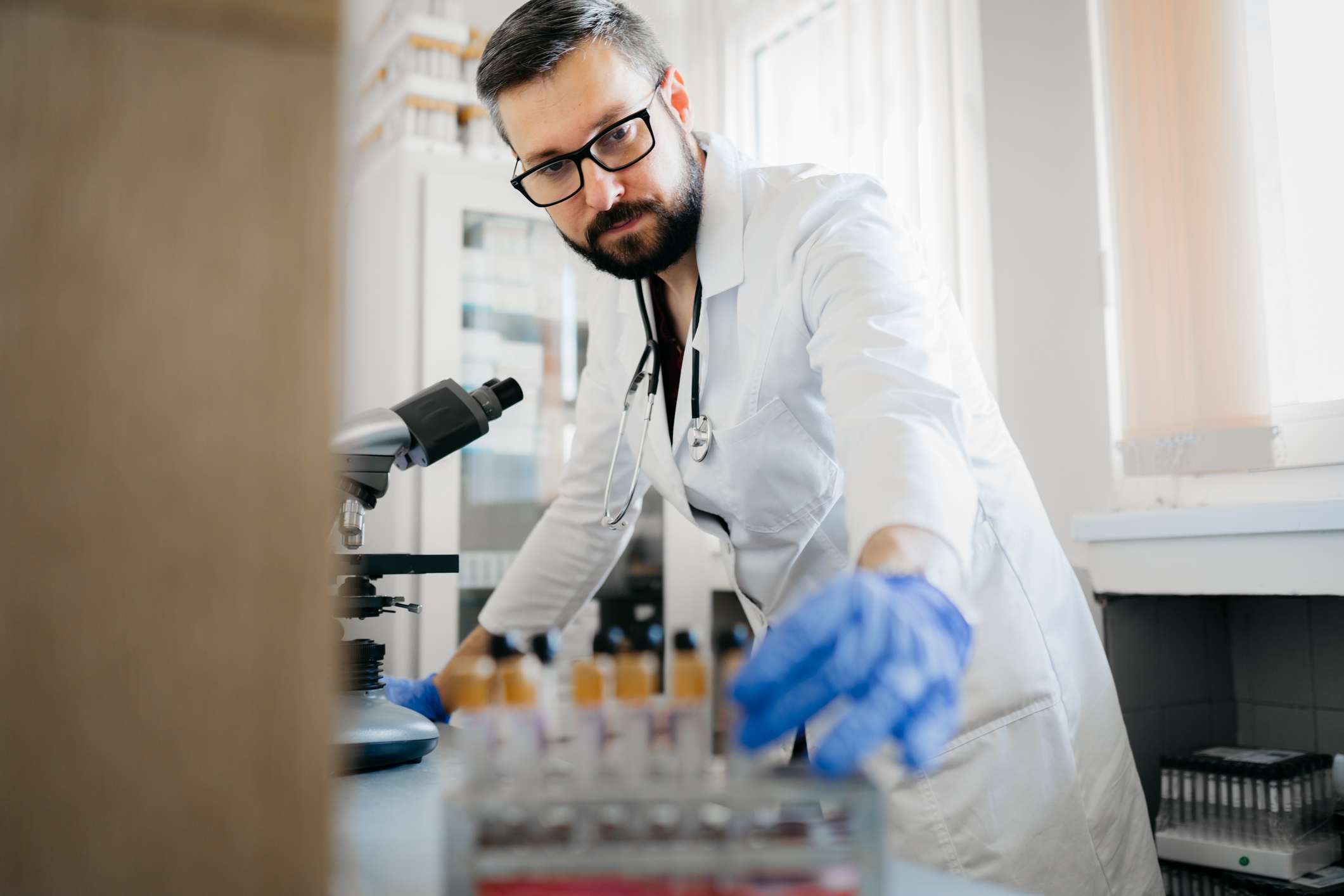
Nikola Stojadinovic / Getty Images
Advertisement
16. "We don’t know what is supposed to naturally bind to the area that benzodiazepines work at. Benzodiazepines, BZD, are medications like Xanax and Valium. They produce anti-anxiety effects and have a very distinct chemical shape to fit into the BZD site in a group of five proteins. But, we don’t know what is supposed to go there. Many medications are analogs of naturally occurring binding molecules that we copy and then use to create an effect. The BZD site is for something, we just don’t know what."

WLADIMIR BULGAR/SCIENCE PHOTO LI / Getty Images/Science Photo Library RF
Advertisement
17. Lastly, and certainly most notably: "How basically any of medical science works in relation to women and their bodies because almost all the data is based on men, and a lot of it is almost exclusively."

The Good Brigade / Getty Images
Advertisement

